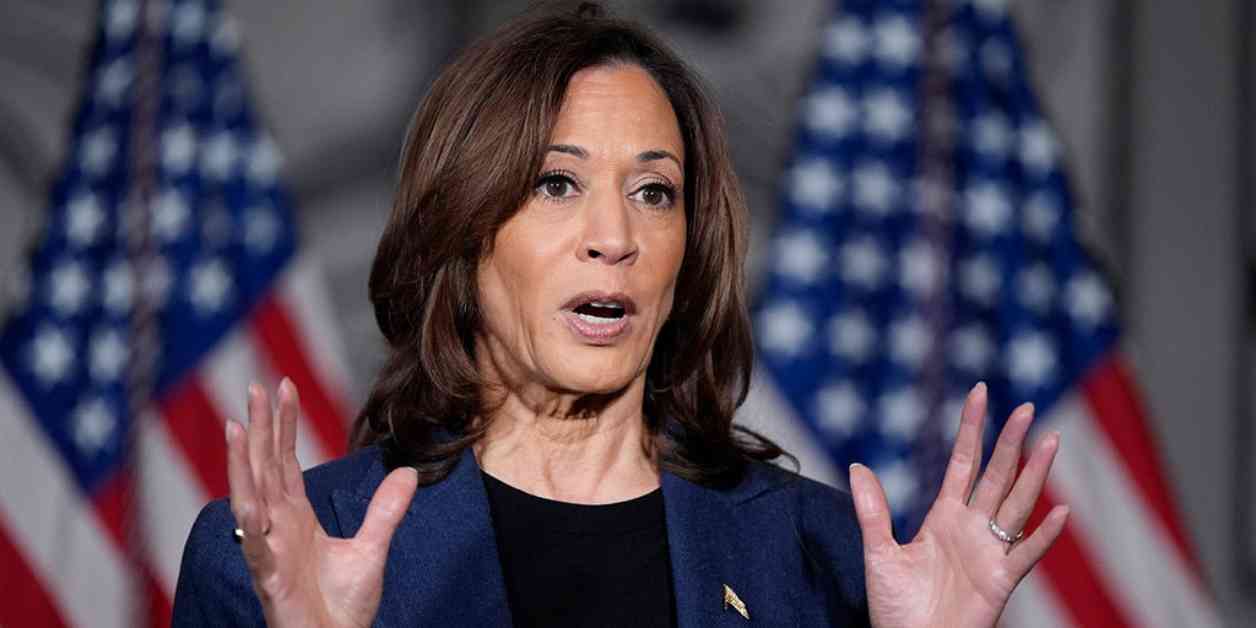Vice President Kamala Harris recently made headlines for critiquing intelligence reports on female leaders of other countries, as reported by The New York Times. Harris, the first woman to hold her office, ordered a review of briefing reports from various intelligence agencies to look for possible gender bias. While the review found some questionable word choices, there was no widespread pattern of bias, according to a senior intelligence official.
In response to this, intelligence officials have introduced a new training class for analysts on how to assess female foreign leaders better. The class aims to help analysts understand the context in which women leaders operate, as well as the impact of gender on their career paths, decision-making, and policy choices.
Harris’ focus on gender and race issues is a central theme in her policy discussions, according to the Times. She has raised concerns about gender bias in briefing reports with Avril Haines, the first female director of national intelligence in the US. Intelligence officials are now actively checking for potential gender bias and providing more intelligence reporting on how gender inequalities in various nations affect national security.
While Harris has been vocal about addressing gender bias and promoting equity in the government’s response to the coronavirus pandemic, these aspects of her record have not been widely discussed on the campaign trail. Despite her past efforts to combat systemic disparities, Harris has not emphasized these issues in her campaign messaging.
A former aide to Harris noted that she has always been interested in gender issues and that it was a priority for her. While her record may suggest a focus on women and minorities, her aides maintain that Harris is concerned about any overlooked group, including low-income Americans of any race or ethnicity.
Since ascending to the top of the ticket, Harris’ past positions have come under scrutiny. For example, she supported taxpayer-funded surgery for transgender prisoners and illegal immigrants in response to a questionnaire from the American Civil Liberties Union.
Overall, Harris’ attention to gender bias in intelligence reports highlights her commitment to addressing systemic disparities and promoting equity in policymaking. As the first woman to hold her office, Harris continues to prioritize issues of gender and race in her policy discussions and decision-making processes.




